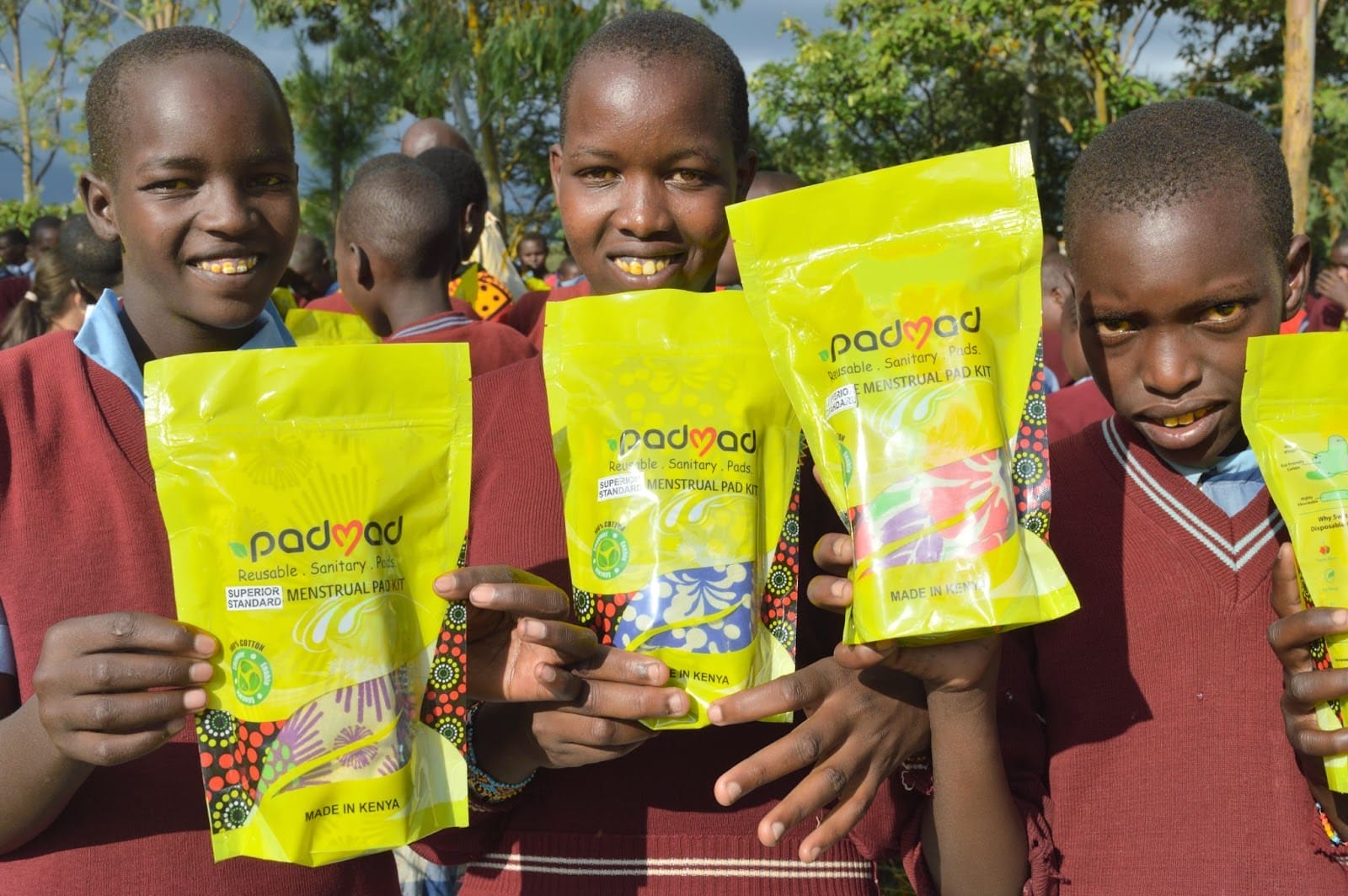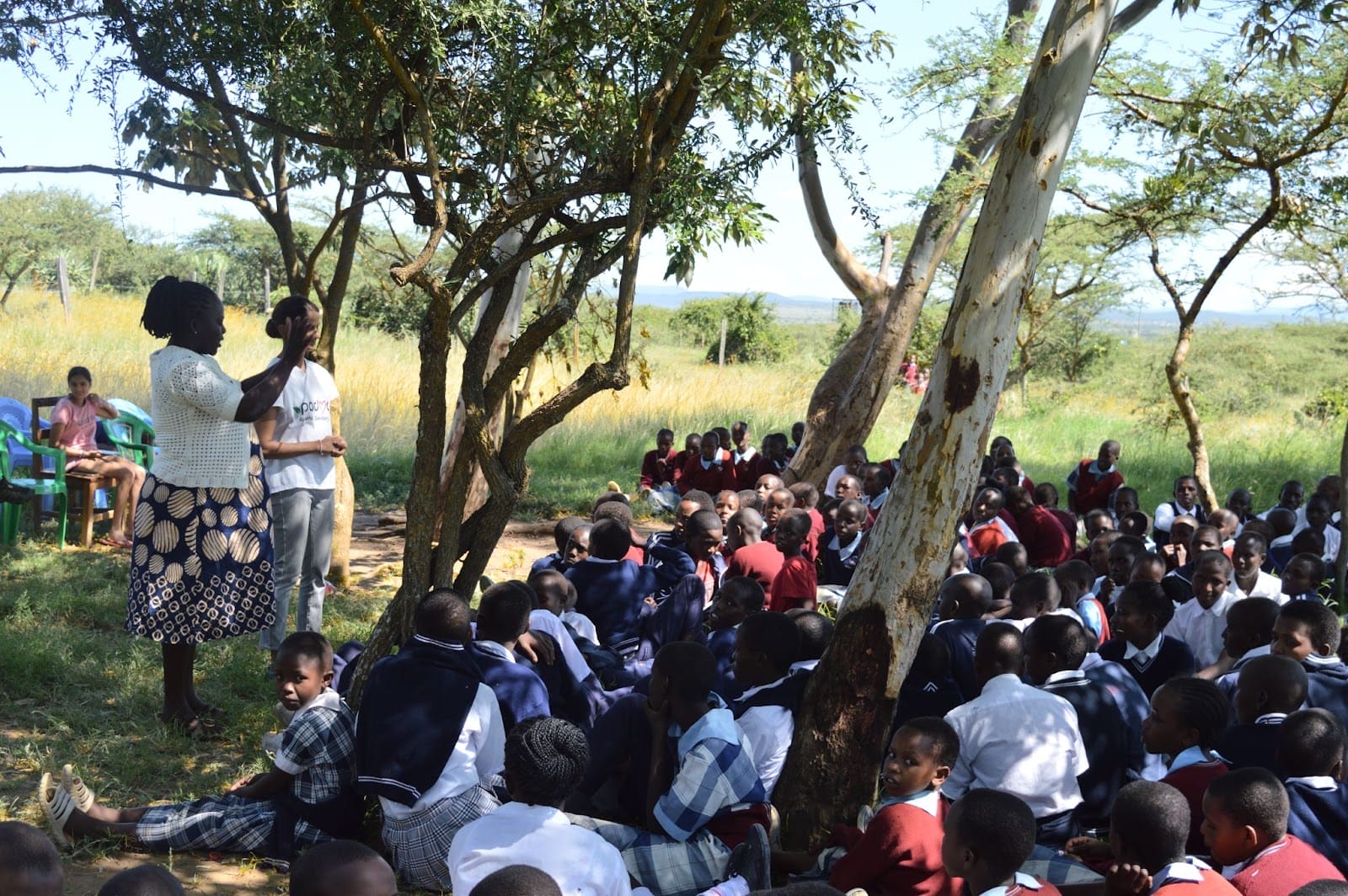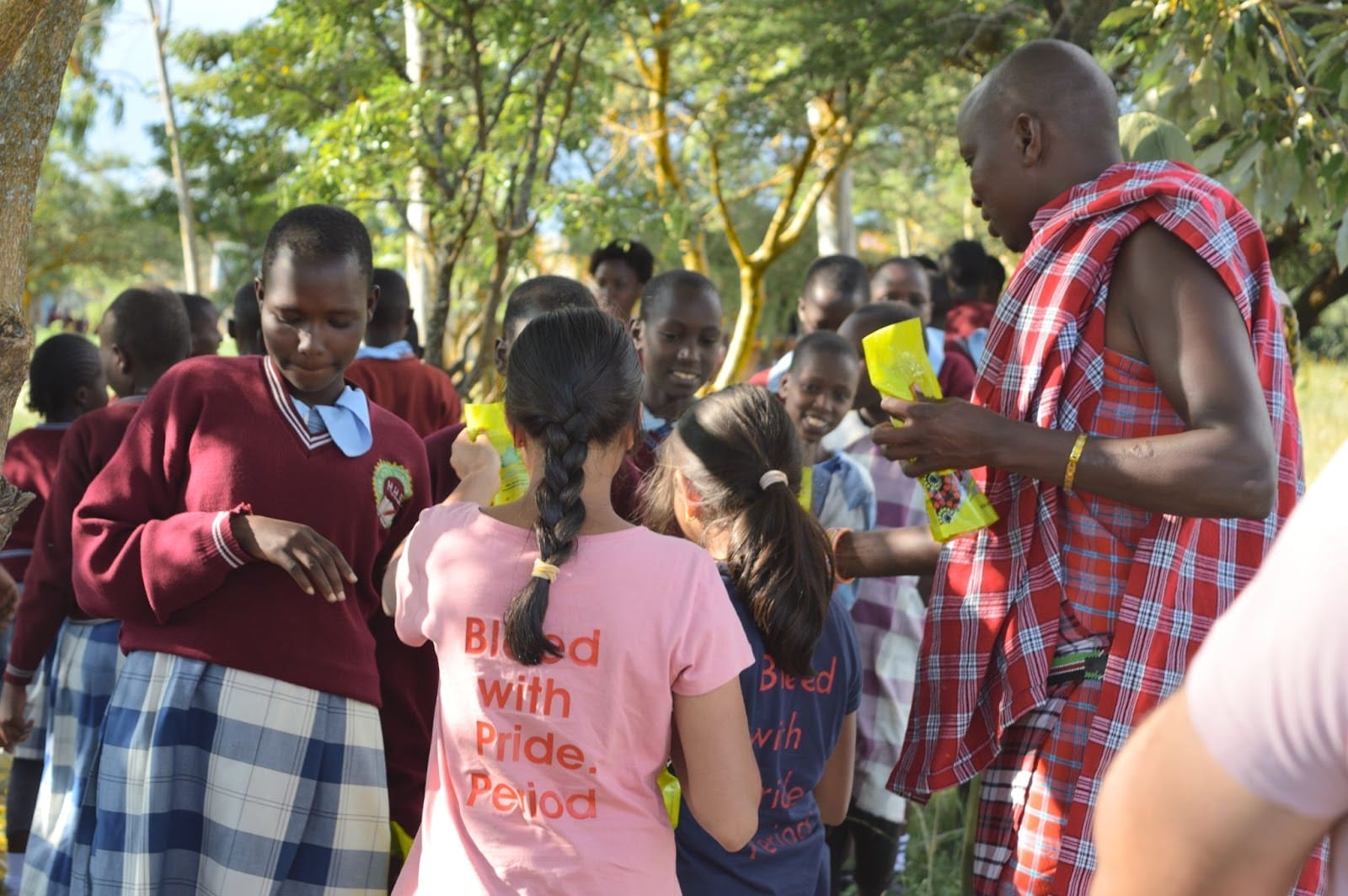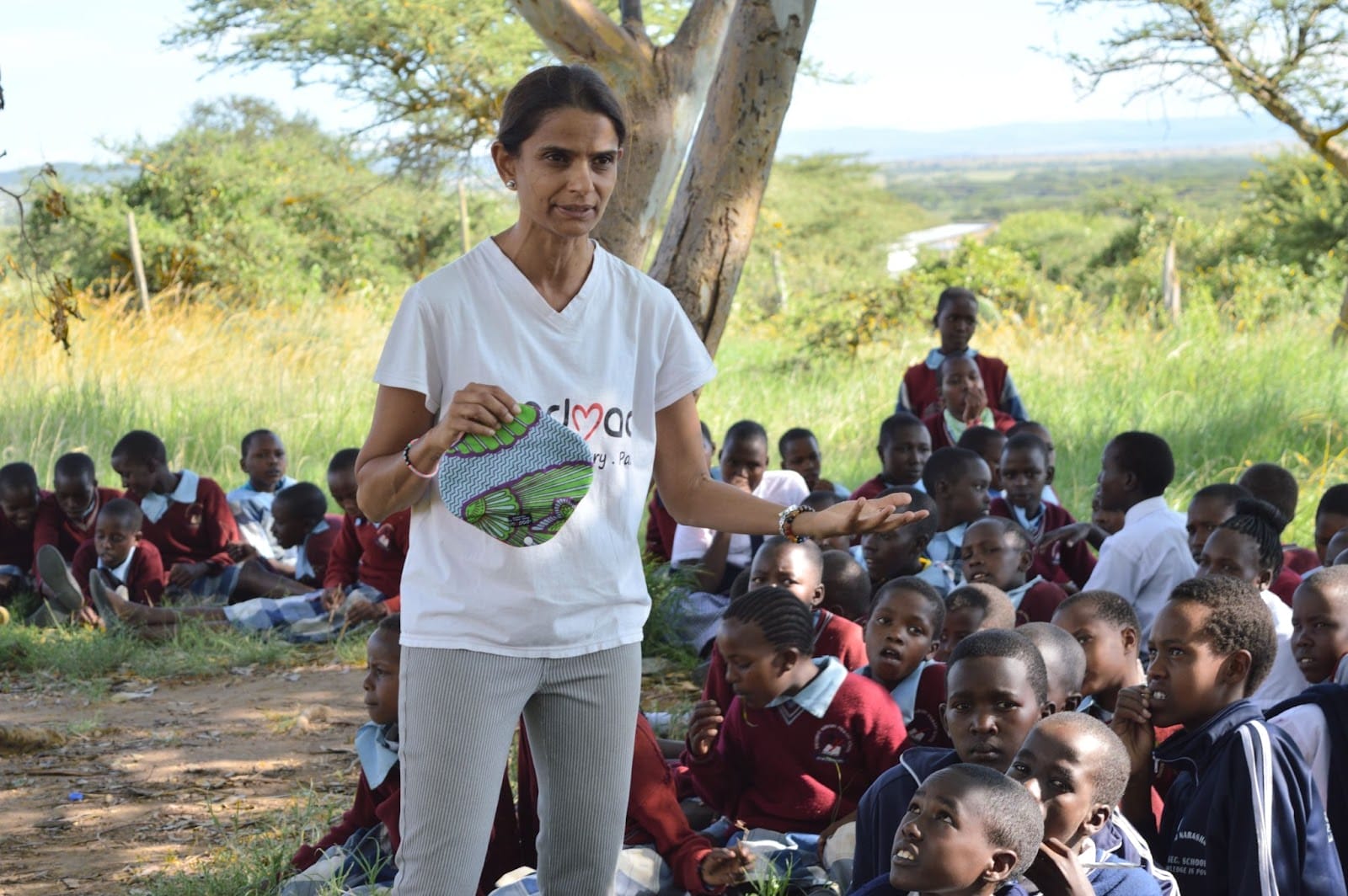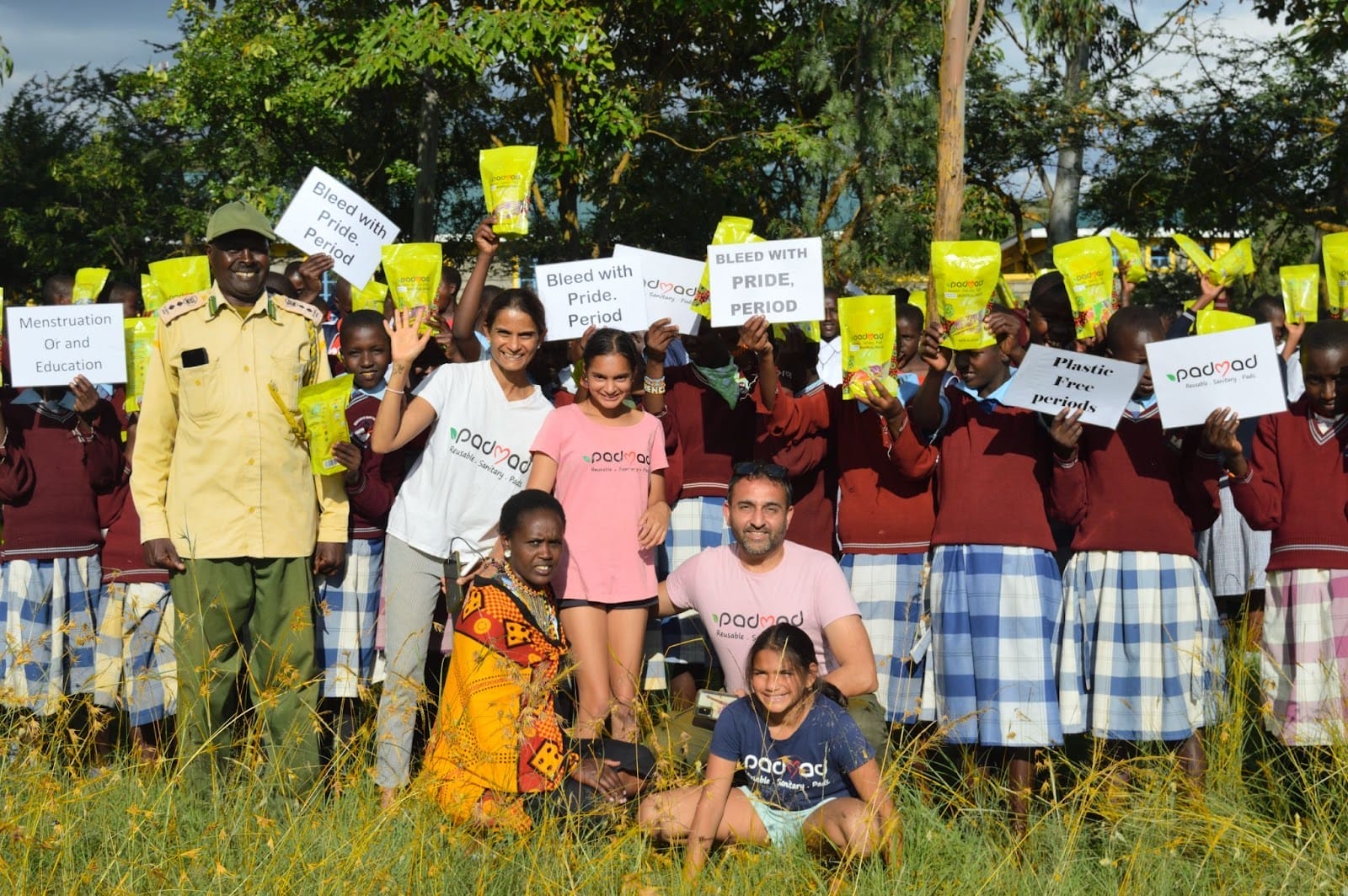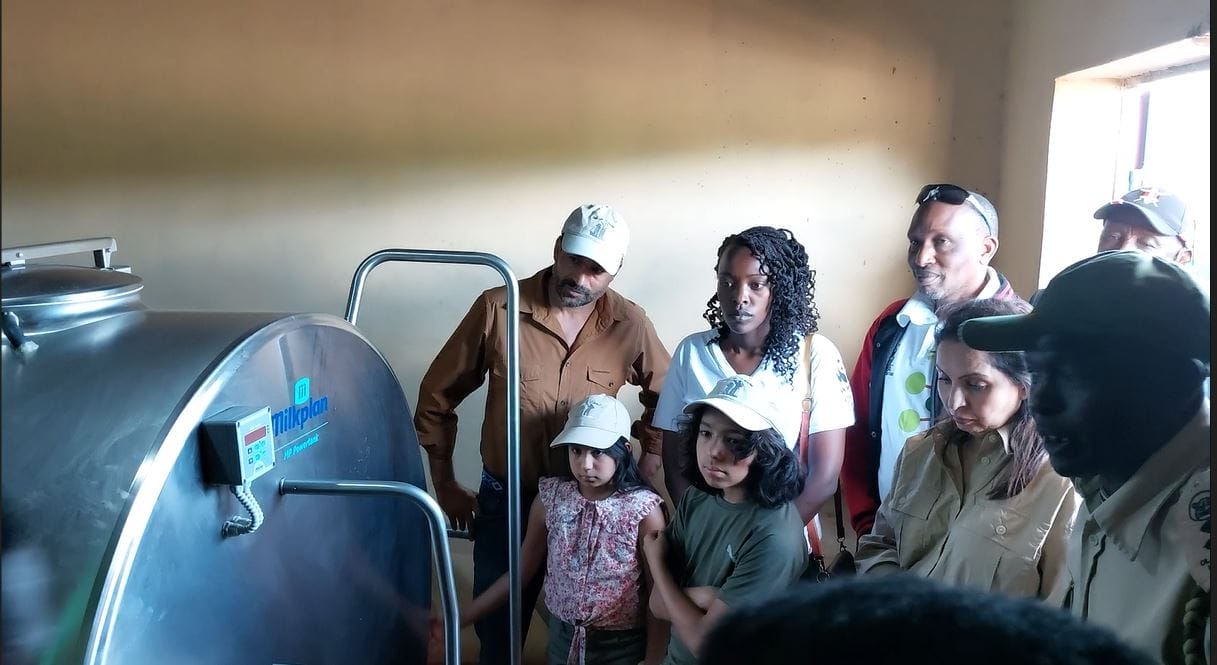Training the Next Generation: Gamewatchers Scholarship Graduates New Safari Guides
On February 28, 2025, three young conservationists—Noah Sunde, Dan Pere, and Gladys Minis—achieved a significant milestone by graduating with distinction from the Wildlife Tourism College of Maasai Mara (formerly the Koiyaki Guiding School). Their success is not just a personal achievement but a testament to the power of education in shaping the future of conservation and eco-tourism in Kenya.
Their journey was made possible through the Gamewatchers Guiding Scholarship, an initiative designed to provide opportunities for promising Maasai youth who are passionate about wildlife but may not have the financial means to pursue formal training in safari guiding and conservation management. This graduation marks the beginning of an exciting chapter—not only for these graduates but for the communities and wildlife they will help protect.

Gamewatchers Guiding Scholarship: Investing in People for Conservation
The Wildlife Tourism College of Maasai Mara located in Pardat Conservation Area, was established in 2005 under the name Koiyaki Guiding School. Each year, the institution enrolls 26 students, equipping them with the skills necessary to become professional safari guides, conservationists, and ambassadors for responsible tourism.
Gamewatchers Safaris has long been committed to community-led conservation, ensuring that local people benefit directly from protecting Kenya’s wilderness. By sponsoring students at the Wildlife Tourism College, we are not just supporting individuals—we are investing in the future stewards of Kenya’s ecosystems.
Through the scholarship program, students receive full or partial financial assistance, allowing them to complete their training and gain industry-recognized certifications such as the Kenya National Examinations Council (KNEC) exams and the Kenya Professional Safari Guides Association (KPSGA) certification. For Gamewatchers Safaris, the scholarship is more than just education—it is about ensuring that conservation efforts are community-led, sustainable, and impactful. With over 90% of Porini Camps’ staff coming from the surrounding communities, this initiative directly contributes to employment, skills development, and long-term conservation efforts.
Meet the Graduates: Their Journey, Their Impact
Gladys Nabaya Minis: A Trailblazer for Women in Conservation
At just 20 years old, Gladys from Ol Kinyei Conservancy has already defied the odds. As a single mother, she faced financial challenges, but her passion for wildlife and determination led her to earn a Distinction in her KNEC exams and pass her Kenya Professional Safari Guides Association (KPSGA) Bronze exam. Gladys did her internship at the Porini Ol Kinyei Safari Cottages to further equip her with practical experience, allowing her to apply her skills in a real-world setting. With her newfound qualifications, Gladys is poised to become a leading female guide, inspiring more women to pursue careers in conservation.
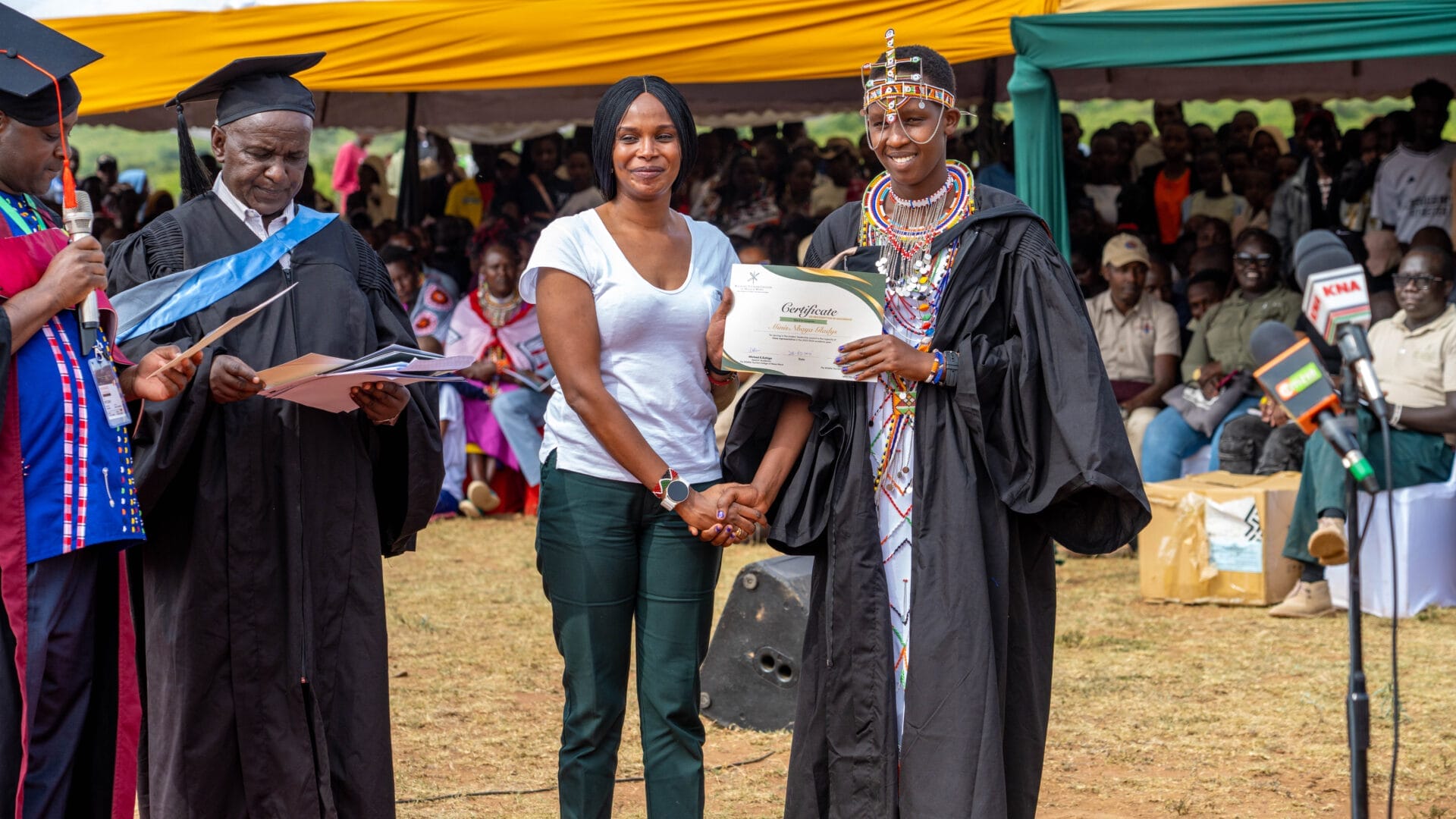
Daniel Pere: A Guiding Light for His Family & Wildlife
As the firstborn in a family of 30, a husband and a father of two, Pere understands responsibility. His dream is to use his guiding skills to uplift his family while protecting Kenya’s wildlife. Despite challenges, he scored 67% in his KPSGA exam and achieved a Distinction in his KNEC exams. During his internship at Porini Mara Camp, he gained hands-on experience, boosting his confidence and preparing him for a future as a professional guide
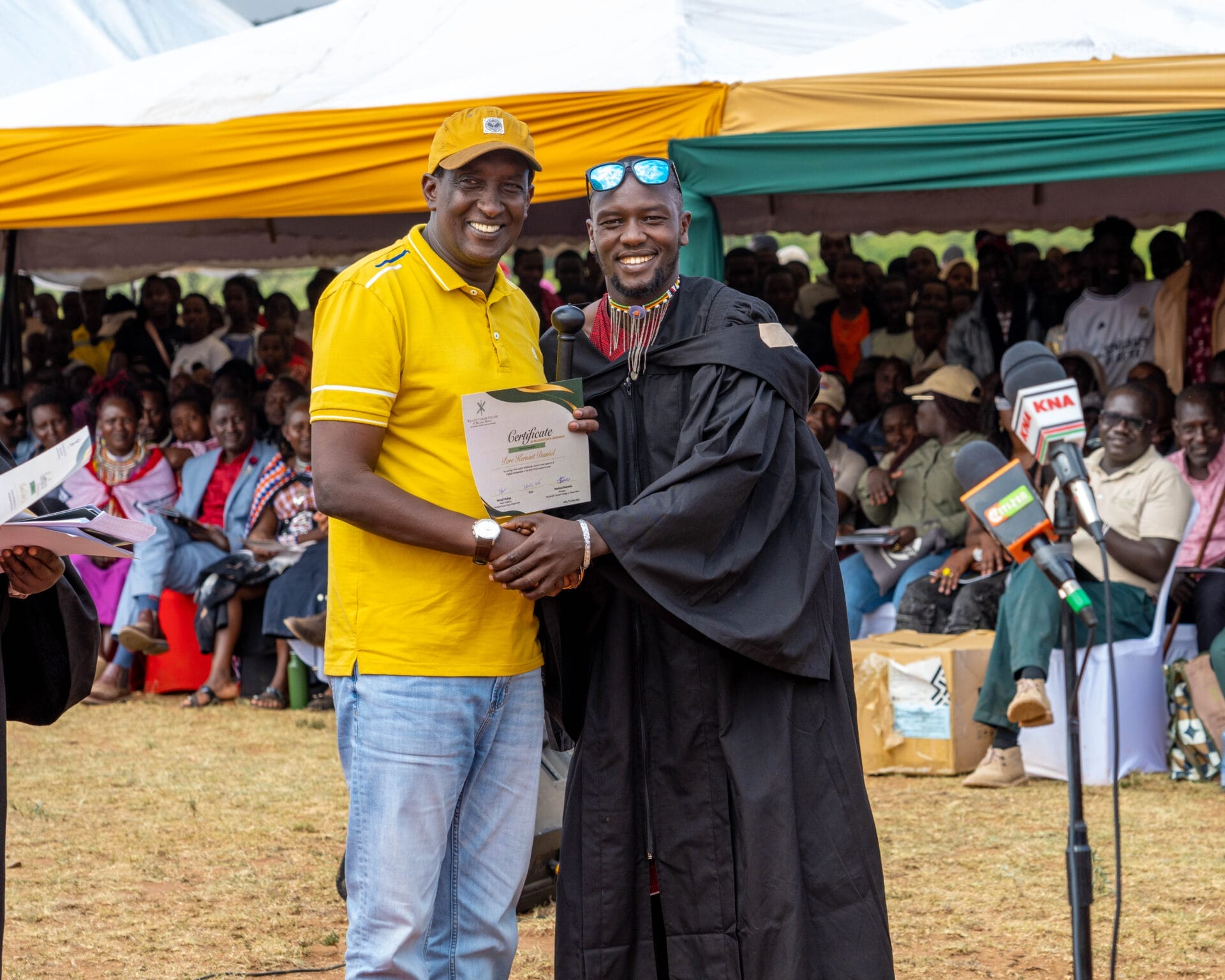
Noah Sunde: Championing Conservation in Selenkay
Growing up in Selenkay Conservancy, Noah was inspired by expert guides from Porini Camps. With Gamewatchers’ sponsorship, he pursued his dream, excelling in his KPSGA Bronze Exam and KNEC Final Exam. His internship at Porini Rhino Camp strengthened his skills, and now, he is eager to promote sustainable tourism and conservation in Selenkay, ensuring his community benefits from responsible travel.
The graduation of Noah, Dan, and Gladys is not just a milestone for them personally—it is a victory for conservation in Kenya. As newly qualified guides, they will help protect and preserve Kenya’s diverse ecosystems by sharing their knowledge with visitors. Their expertise will ensure that safari experiences remain authentic and deeply connected to local culture while playing a vital role in educating guests on sustainable tourism practices and the importance of conservation. They will also serve as role models for other young Maasai individuals who aspire to work in eco-tourism.
By investing in local talent, Gamewatchers Safaris ensures that the future of conservation is in the hands of those who have grown up in these landscapes and understand their significance better than anyone else.
How Safari Guests Play a Role in Conservation
One of the most remarkable aspects of this program is how every guest staying at Porini Safari Camps directly contributes to education and employment opportunities for young Maasai men and women. By choosing eco-tourism over mass tourism, visitors help fund scholarships, create jobs, and support the protection of Kenya’s wildlife and wilderness areas.
As more travelers seek ethical and sustainable safari experiences, programs like the Gamewatchers Guiding Scholarship prove that tourism can be a force for positive change—benefiting both people and the planet.
A Bright Future Ahead
For Noah, Dan, and Gladys, this graduation is just the beginning. Their journey from students to professional guides means that future safari guests may soon find themselves exploring Kenya’s breathtaking conservancies under their expert guidance. Their success is a reminder that investing in people is just as important —if not more—than protecting wildlife, because conservation thrives when communities are part of the solution.
Acknowledging Our Generous Supporters
The success of our scholarship program would not be possible without the generosity of those who believe in the power of education and conservation. We extend our heartfelt gratitude to:
- Angie Ullmann – Generously provided a full scholarship for Noah Sunde
- Adrienne Van Veen – Generously contributed $463 towards Gladys Minis’ education
Additionally, further support was provided to ensure Gladys Minis and Dan Pere could successfully complete their studies.
Your generosity has helped shape the future of young conservationists, ensuring they have the skills and knowledge to protect wildlife and natural heritage. Thank you for making a lasting impact!
Be Part of the Impact
Every booking with Porini Camps supports initiatives like the Gamewatchers Guiding Scholarship, ensuring that conservation remains community-driven, sustainable, and effective. Want to experience a safari that makes a difference? Book your stay with Porini Camps and be part of the movement to empower future conservationists.Learn more about our community projects and how you can help here: https://wildlifehabitattrust.org/trust-projects/
Posted on 19th March 2025
By Ivy Vuguza



















